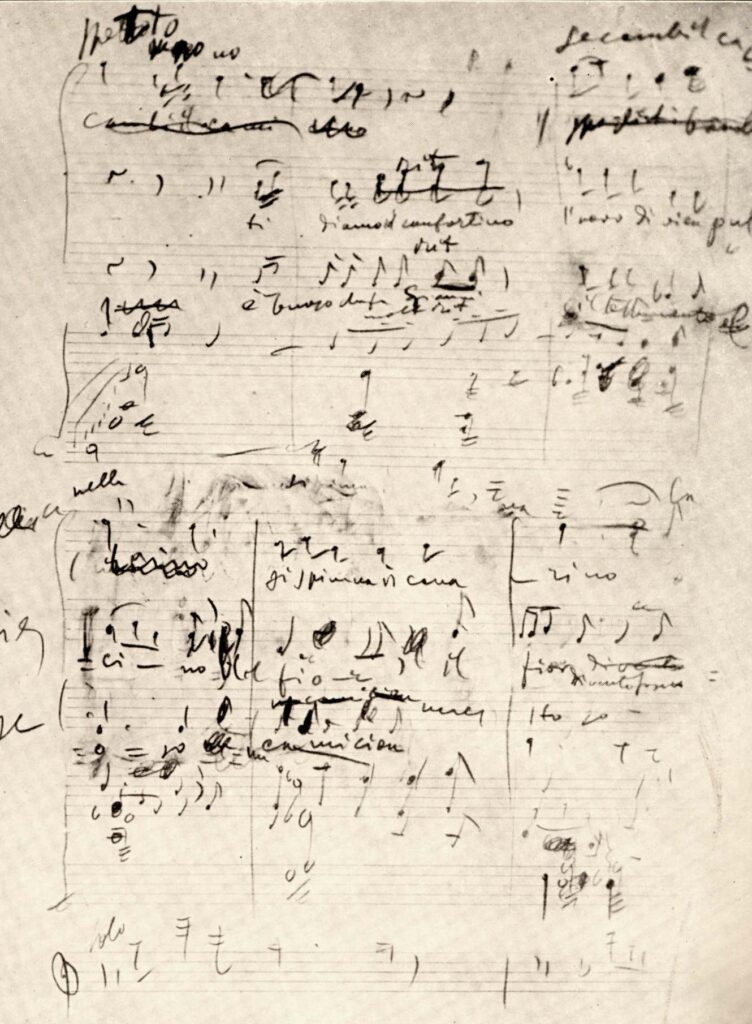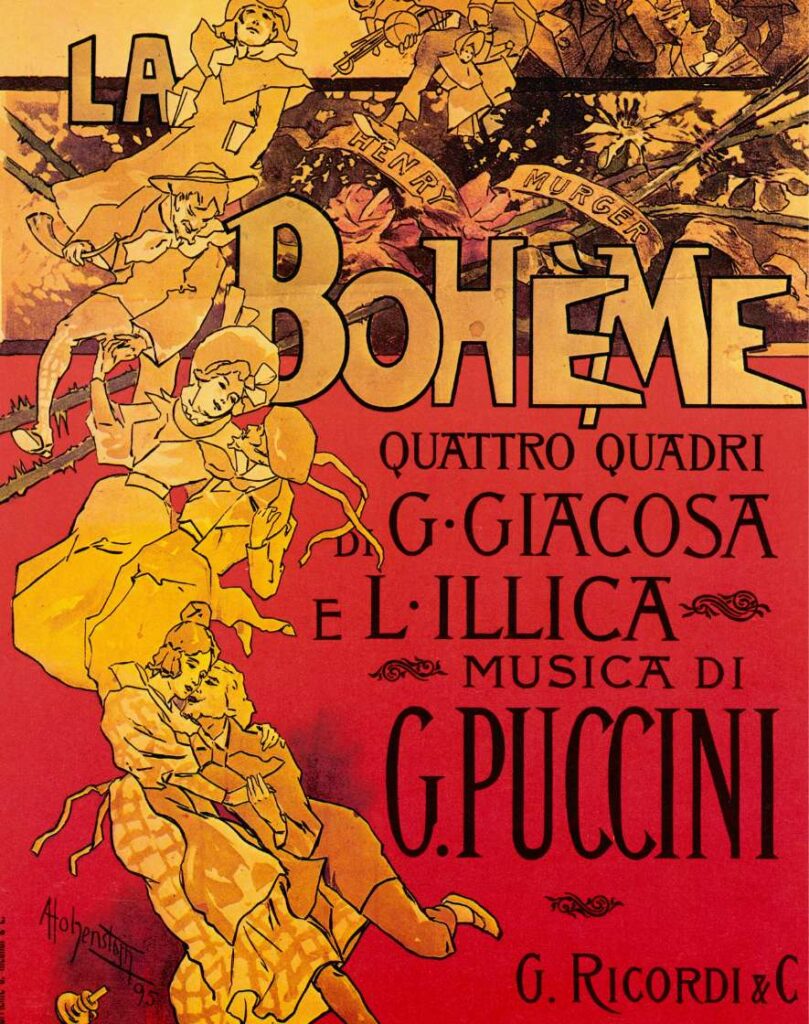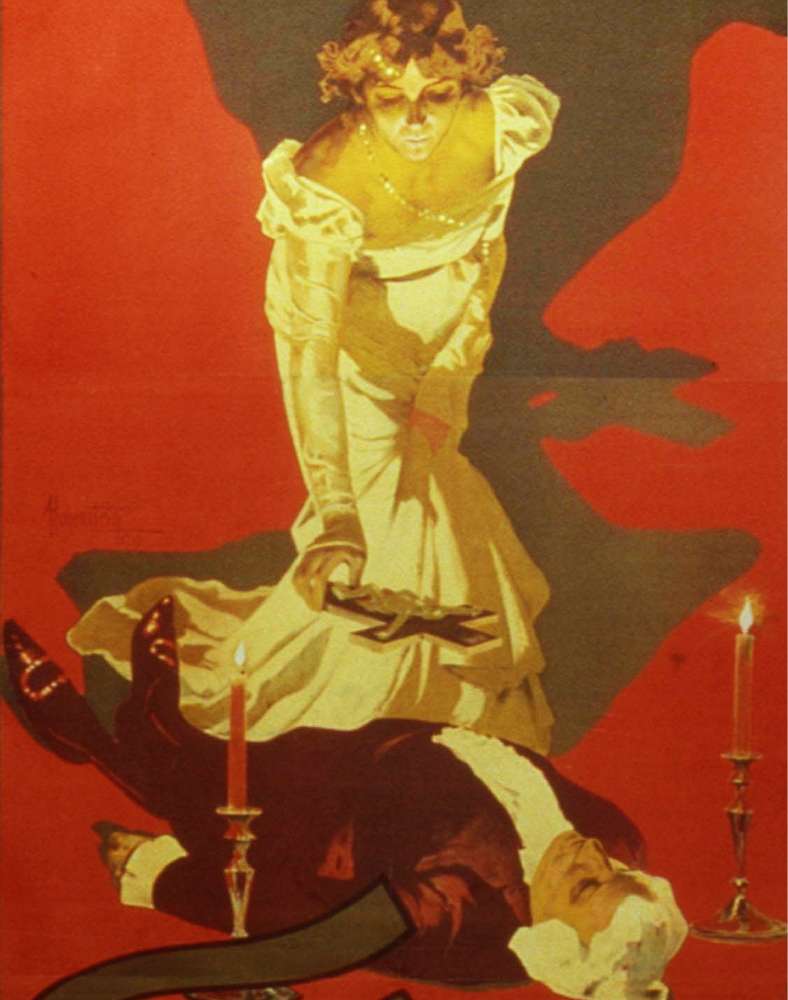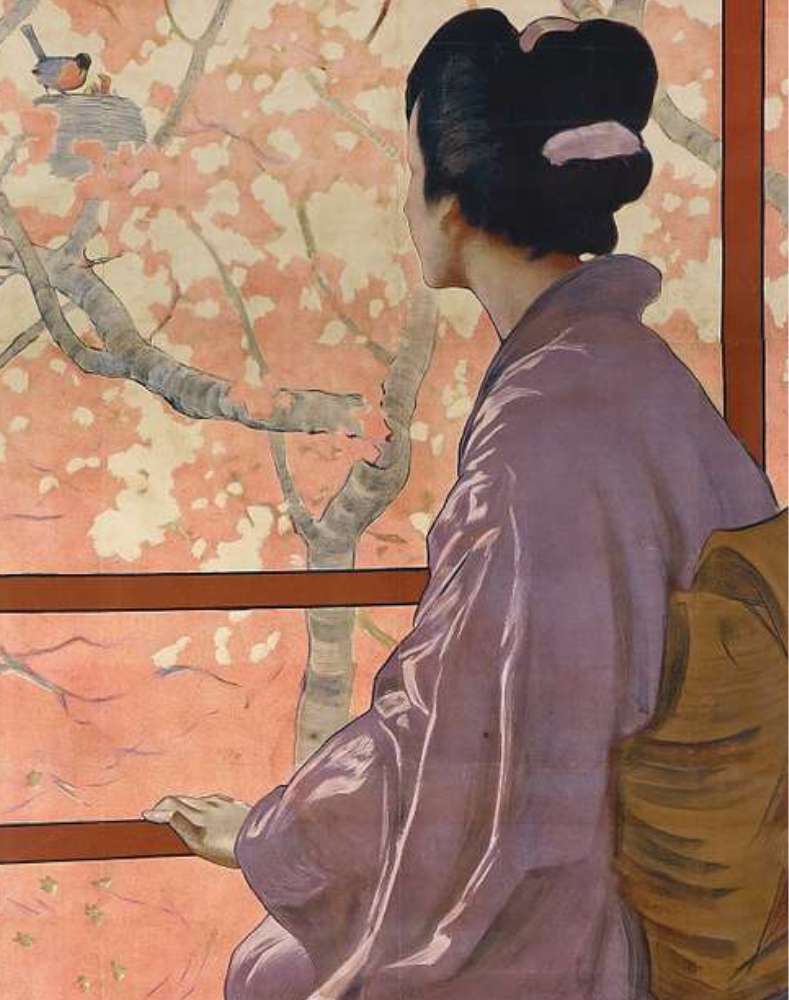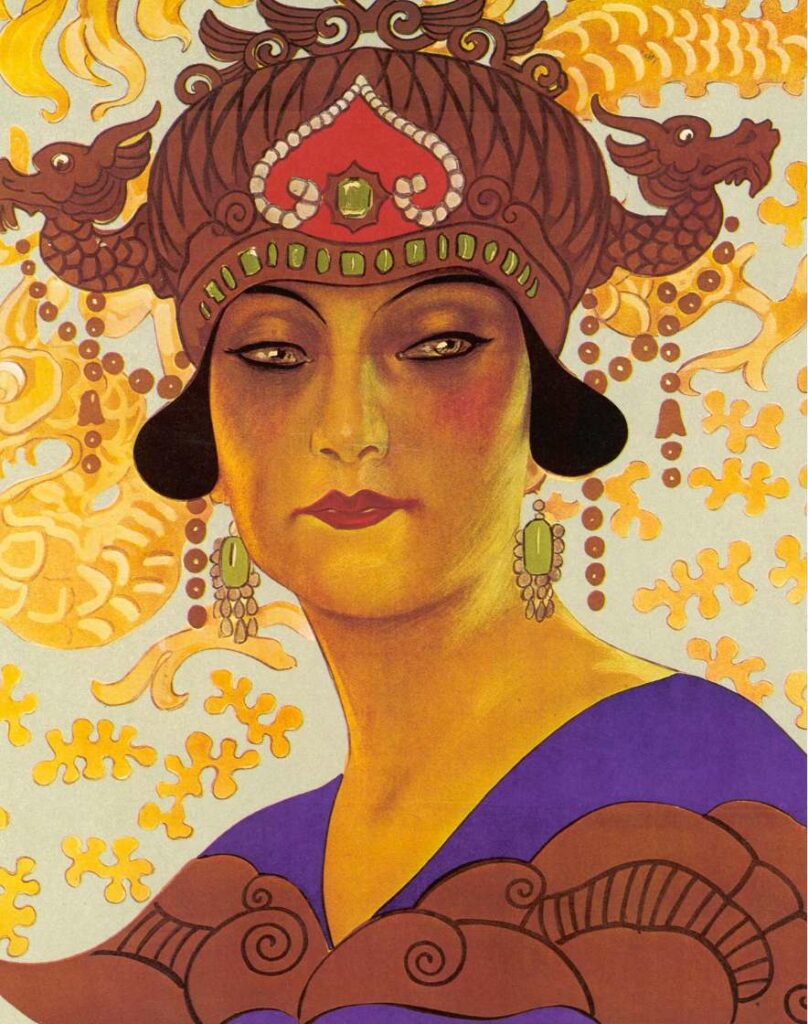Gianni Schicchi
Performed for the first time on 14 December 1918 at New York’s Metropolitan Opera House
Opera in one act
Libretto by Giovacchino Forzano
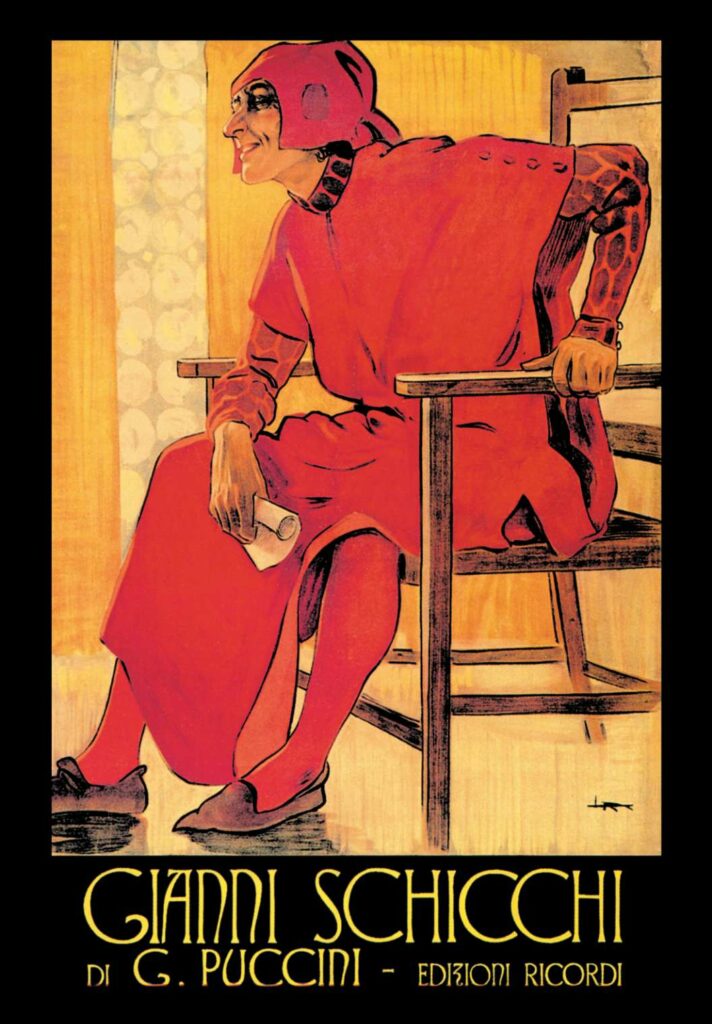
Plot outline:
Giacomo Puccini’s artistic maturity comes to full fruition with his “Trittico”, a triptych of one-act operas including “Gianni Schicchi”. The combination of his skill in orchestration and the huge range of harmonies make this lively comedy, full of mischief and jokes, highly engaging. The composer was inspired by the historic figure Gianni Schicchi de’ Cavalcanti who lived in Florence in the 13th century and appears in Canto XXX of Dante’s Inferno, in the Circle of Falsifiers. Puccini perfectly conveys the atmosphere of medieval Florence through historical, geographical, and linguistic references, including using authentic Tuscan dialect.
Listen to “O mio babbino caro” from Act II on Spotify
